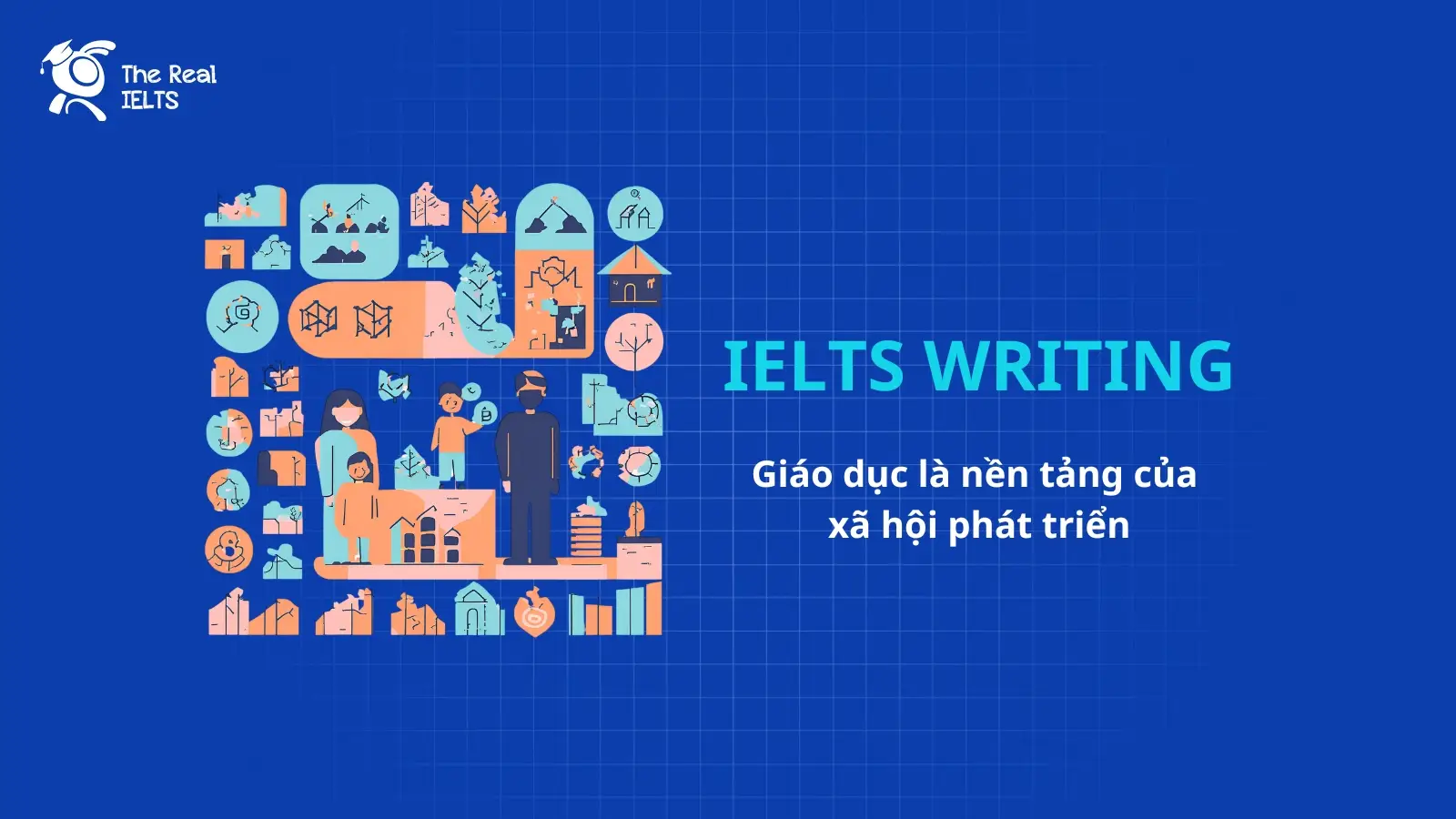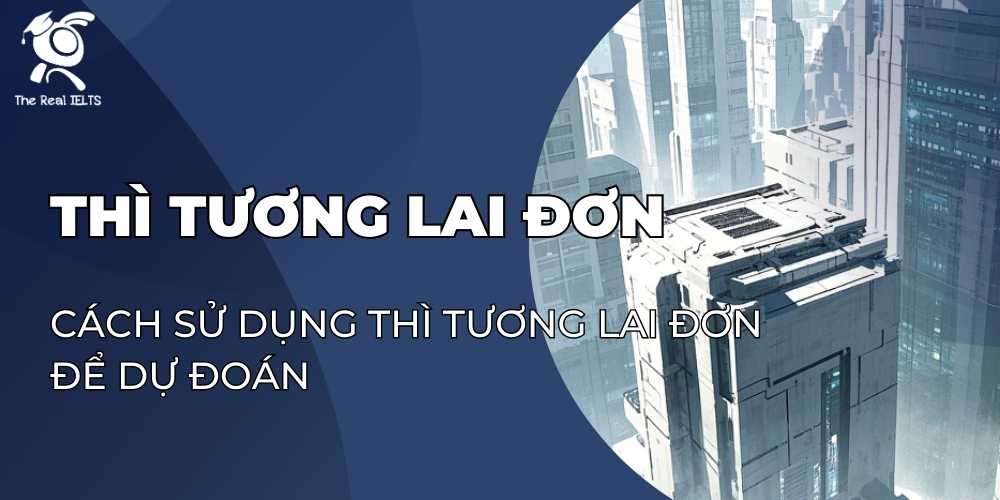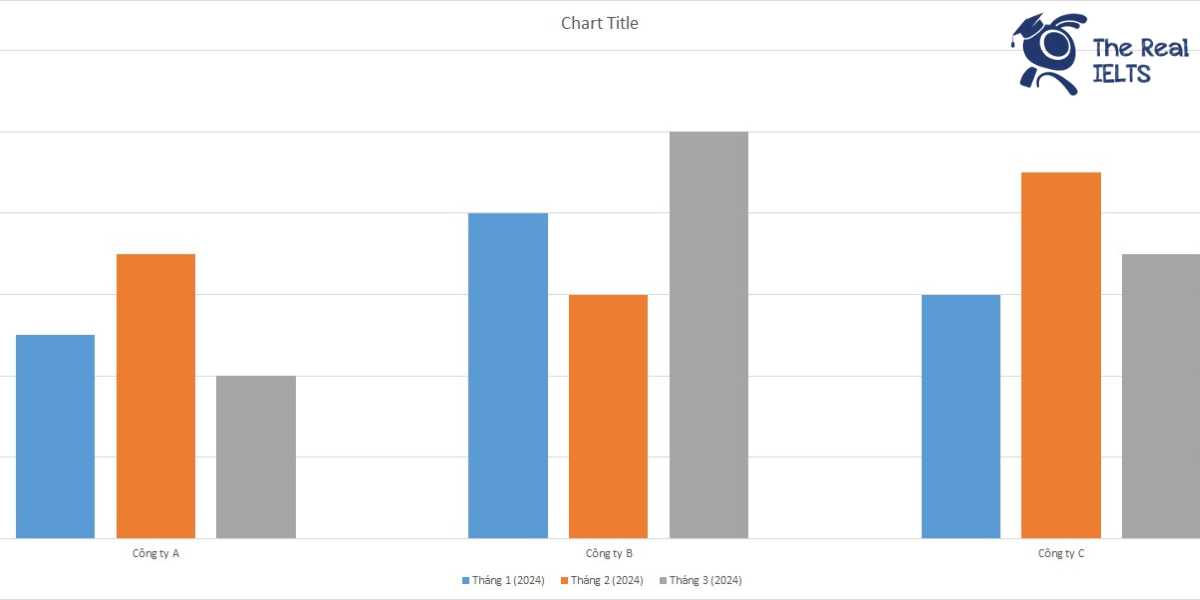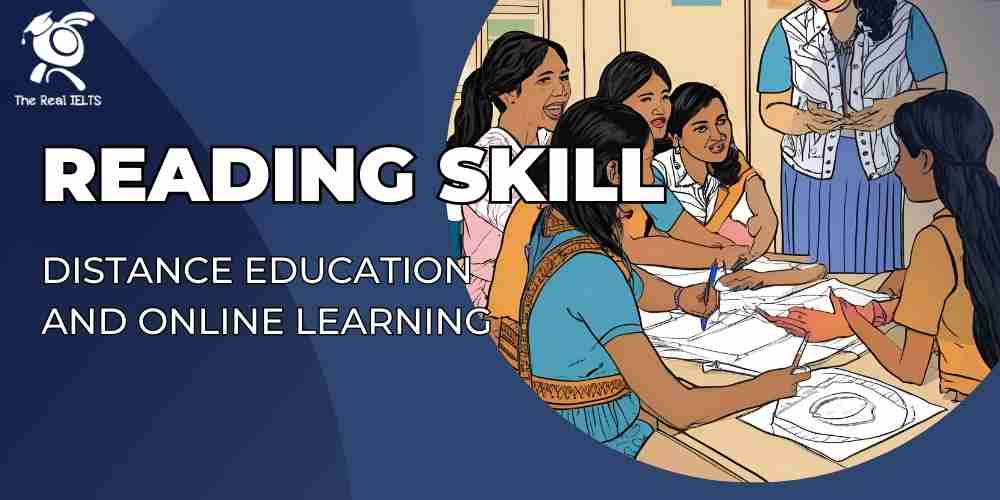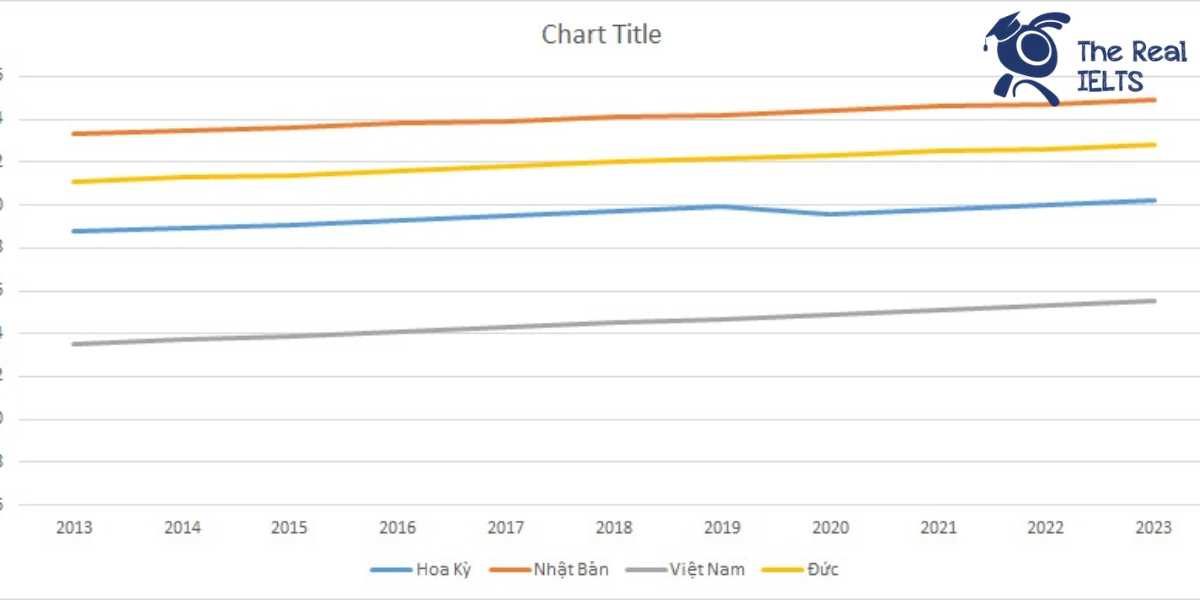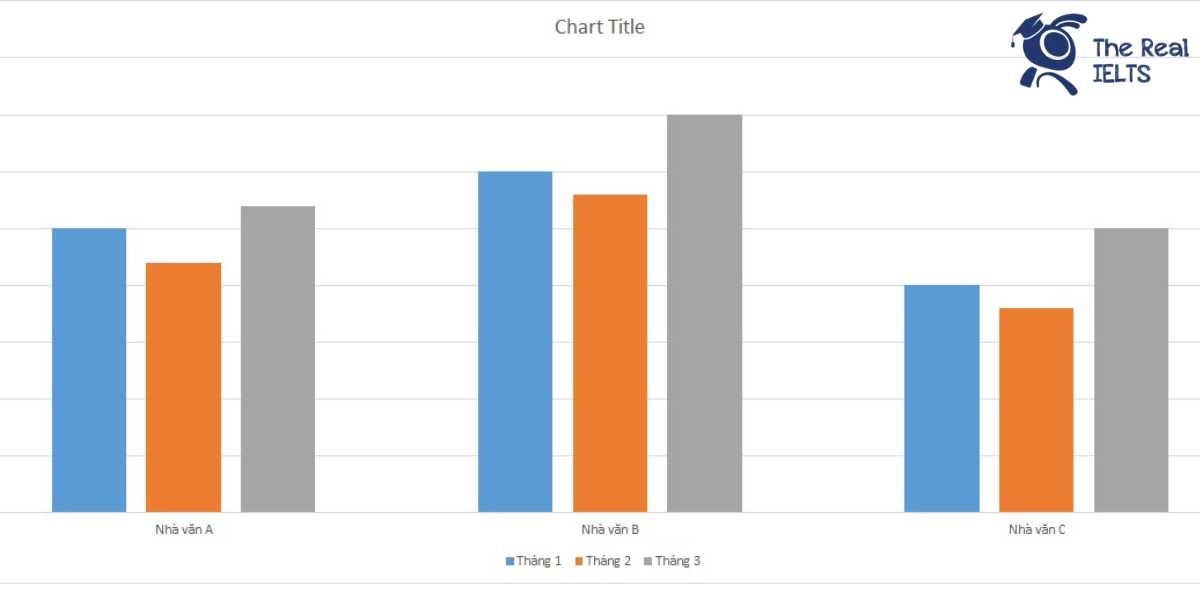Nâng điểm IELTS Writing Task 2 với bài viết về “Giáo dục là nền tảng của xã hội phát triển”. Tìm hiểu cách triển khai luận điểm, cấu trúc bài viết logic, và từ vựng ấn tượng để đạt band điểm cao.
Đọc thêm: IELTS Writing Task 2: Vai trò của giáo dục trong sự phát triển cá nhân
Đề bài IELTS Writing Task 2
Education is the foundation of a developed society. To what extent do you agree or disagree?
Câu trả lời 1
Education is often regarded as the backbone of a progressive and prosperous society. Some people argue that it is the most critical factor in societal development, while others believe that other aspects, such as economic policies and technological advancements, play a more significant role. This essay will discuss why education is fundamental to a developed society while acknowledging the importance of other contributing factors.
On the one hand, education serves as the cornerstone of societal progress in several ways. Firstly, it equips individuals with essential knowledge and skills, enabling them to contribute effectively to the economy. A well-educated workforce drives innovation, enhances productivity, and fosters economic growth. Secondly, education promotes social awareness and critical thinking, which are crucial for informed decision-making and responsible citizenship. Societies with high literacy rates tend to have lower crime rates, better governance, and stronger democratic institutions. Furthermore, education plays a key role in addressing social inequalities by providing individuals from diverse backgrounds with opportunities for upward mobility.
On the other hand, while education is crucial, other factors also contribute to a developed society. Economic stability, technological advancements, and efficient governance are equally important. For instance, without strong economic policies and infrastructure, even an educated population may struggle to thrive. Similarly, technological progress drives industrial and social development, enhancing the overall quality of life. Additionally, ethical leadership and effective governance ensure that education systems are well-funded and accessible, maximizing their impact on society.
In my opinion, while education is undeniably a fundamental pillar of a developed society, it must be complemented by other factors to ensure holistic progress. A well-educated society can only flourish if it is supported by strong economic foundations, technological innovation, and good governance.
Conclusion:
In conclusion, education is a crucial driver of societal development, fostering economic growth, social stability, and equality. However, other elements such as economic policies, technology, and governance also play significant roles. Therefore, I strongly agree that education is the foundation of a developed society, but it must be reinforced by other essential factors to achieve sustainable progress.
Câu trả lời 2
Education plays a crucial role in the advancement of any society, and I strongly agree that it forms the very foundation of a developed nation. While other factors like infrastructure and economic policies contribute, education equips individuals with the necessary tools to drive progress and create a thriving society. This essay will explore the multifaceted ways in which education underpins development, from fostering economic growth to promoting social harmony and individual well-being.
Firstly, education is the engine of economic progress. It empowers individuals with the knowledge and skills needed to participate effectively in the workforce. A skilled workforce translates to higher productivity, innovation, and economic growth. Furthermore, education fosters entrepreneurship by providing individuals with the tools to create and manage businesses, generating employment opportunities and stimulating economic activity. Countries with robust education systems tend to attract foreign investment and foster a competitive edge in the global market.
Secondly, education is essential for social development. It promotes critical thinking, problem-solving, and informed decision-making, enabling citizens to engage actively in civic discourse and contribute to a well-functioning democracy. Education also fosters social cohesion by promoting tolerance, understanding, and respect for diversity. By equipping individuals with knowledge about different cultures and perspectives, education helps to break down social barriers and build more inclusive communities.
Furthermore, education empowers individuals to lead fulfilling and meaningful lives. It provides access to information and resources that enable individuals to make informed choices about their health, well-being, and future prospects. Education also fosters personal growth and self-discovery, allowing individuals to develop their talents and pursue their passions. A well-rounded education equips individuals with the resilience and adaptability needed to navigate the challenges of a rapidly changing world.
While other factors like access to healthcare and stable governance are undoubtedly important, they are often underpinned by a strong education system. Educated citizens are more likely to demand better healthcare, hold their leaders accountable, and advocate for policies that promote social justice and equity. Therefore, education acts as a catalyst for overall societal development.
In conclusion, education is not merely a contributing factor, but rather the bedrock upon which a developed society is built. Its impact on economic growth, social progress, and individual well-being is undeniable. Investing in quality education is therefore an investment in the future, paving the way for a more prosperous, equitable, and sustainable society for all.
Câu trả lời 3
Education is often considered the foundation of a developed society, as it equips individuals with the knowledge and skills necessary to contribute to economic, social, and cultural progress. I strongly agree with this statement, as education plays a vital role in fostering innovation, reducing inequality, and promoting civic awareness.
Firstly, education drives economic development by cultivating a skilled workforce capable of innovation and productivity. In today’s knowledge-based economy, industries rely heavily on educated individuals to generate new ideas, develop technologies, and solve complex problems. For instance, countries with high literacy rates, such as Finland and Japan, often demonstrate robust economic growth due to their emphasis on quality education. Without a well-educated population, societies risk stagnating in low-skill, low-wage industries.
Secondly, education is instrumental in addressing social inequality, which is a significant barrier to development. Access to quality education empowers marginalized groups by providing them with opportunities to improve their living standards and break free from cycles of poverty. For example, initiatives such as free primary education in many developing countries have helped millions of children gain basic literacy skills, ultimately contributing to a more equitable society. By reducing disparities, education fosters social cohesion, which is essential for societal progress.
Furthermore, education promotes civic awareness and active participation in governance, which are hallmarks of a developed society. An educated population is more likely to understand their rights, responsibilities, and the importance of democratic processes. This awareness leads to better governance and accountability, as citizens are equipped to demand transparency and advocate for social justice. For example, countries with higher education levels often have lower corruption rates and more stable political systems.
In conclusion, I firmly believe that education is the foundation of a developed society. By driving economic growth, reducing inequality, and enhancing civic awareness, education lays the groundwork for sustainable progress and prosperity. Therefore, investing in education should remain a top priority for any society aspiring to achieve development.
Câu trả lời 4
Education is widely regarded as the foundation of a developed society. While other factors such as economic growth and technological advancements also contribute to societal progress, I strongly agree that education plays the most fundamental role in shaping a nation’s development.
Firstly, education fosters a knowledgeable and skilled workforce, which is essential for economic growth. A well-educated population enhances productivity and innovation, driving industries forward and creating job opportunities. Countries with strong education systems, such as Finland and Singapore, consistently demonstrate higher economic stability and social progress. Without education, a society risks stagnation due to a lack of expertise and adaptability in an ever-changing world.
Secondly, education promotes social cohesion and equality by providing individuals with the tools to make informed decisions. It reduces crime rates, improves public health, and encourages civic engagement. For instance, societies with higher literacy rates tend to have lower levels of corruption and better governance, as educated citizens are more likely to demand transparency and accountability from their leaders. Furthermore, education empowers marginalized groups, bridging socio-economic gaps and fostering inclusivity.
However, it is important to acknowledge that education alone cannot ensure societal development. Other factors, such as sound governance, economic policies, and technological advancements, also play crucial roles. Nonetheless, these elements are often strengthened by an educated population that can innovate, lead, and sustain progress.
In conclusion, while multiple factors contribute to a developed society, education remains the most essential pillar. It nurtures intellectual growth, fuels economic prosperity, and fosters social stability, making it the cornerstone of any successful nation.
Câu trả lời 5
Education is widely regarded as the foundation of a developed society, as it equips individuals with the knowledge and skills necessary for economic progress, social stability, and innovation. I strongly agree with this statement, as education plays a pivotal role in shaping not only individuals but also the broader framework of a prosperous nation.
First and foremost, education drives economic growth by providing a skilled workforce. A well-educated population enhances productivity, fosters innovation, and attracts investment, all of which contribute to national development. For example, countries with strong education systems, such as Finland and South Korea, consistently rank high in economic performance due to their emphasis on knowledge-based industries. In contrast, nations with lower education levels often struggle with unemployment, poverty, and slow economic progress.
Furthermore, education promotes social stability by fostering critical thinking, tolerance, and civic responsibility. A well-informed society is less susceptible to misinformation, extremism, and corruption, leading to a more democratic and harmonious environment. Additionally, education empowers individuals to make informed decisions regarding health, family planning, and social issues, thereby improving overall quality of life.
However, while education is crucial, it must be complemented by effective governance, technological advancements, and economic policies to maximize its impact. A well-educated society alone does not guarantee development if other systemic issues, such as poor infrastructure or political instability, persist.
In conclusion, education is undeniably the foundation of a developed society, as it fosters economic prosperity, social cohesion, and informed decision-making. Nevertheless, it should be integrated with other essential factors to ensure comprehensive national progress.
Câu trả lời 6
Education is often regarded as the cornerstone of societal progress, as it equips individuals with knowledge, skills, and values necessary for development. While other factors such as economic stability, governance, and technology also contribute to a nation’s progress, I firmly believe that education plays a fundamental role in shaping a developed society.
Firstly, education fosters economic growth by creating a skilled workforce. A well-educated population enhances productivity, innovation, and entrepreneurship, leading to job creation and economic stability. For example, countries with high literacy rates, such as Germany and South Korea, have strong economies driven by knowledge-based industries. Moreover, education reduces income inequality by providing individuals with opportunities to improve their socio-economic status.
Secondly, education promotes social stability and civic responsibility. It helps individuals develop critical thinking skills, enabling them to make informed decisions and contribute to democratic processes. Educated citizens are more likely to engage in community development, support social justice, and respect diversity. Additionally, education reduces crime rates by offering better employment prospects and instilling ethical values in individuals.
However, some may argue that economic policies, technological advancements, and political stability are equally important for societal development. While these factors are essential, they are often influenced by the level of education in a society. A well-educated population ensures the effective implementation of policies, technological innovation, and good governance.
In conclusion, while multiple factors contribute to a developed society, education remains the most crucial foundation. It drives economic progress, fosters social stability, and enables informed decision-making. Therefore, investing in education should be a priority for any nation aiming for sustainable development.
Câu trả lời 7
Education is often regarded as the backbone of a developed society, as it equips individuals with knowledge, skills, and values essential for progress. While some may argue that other factors, such as economic policies and technological advancements, also play a crucial role, I strongly agree that education is the fundamental pillar of societal development.
Firstly, education fosters economic growth by creating a skilled workforce. A well-educated population contributes to innovation, productivity, and entrepreneurship, all of which are vital for a nation’s economy. For instance, highly developed countries such as Germany and Japan invest heavily in education, leading to technological advancements and economic stability. Without proper education, a country would struggle to compete in the global market and sustain long-term growth.
Secondly, education promotes social stability and equality. By providing individuals with opportunities regardless of their background, education reduces income disparity and social injustice. It empowers people to make informed decisions, enhances civic participation, and encourages tolerance among different communities. For example, societies with high literacy rates tend to have lower crime rates, as education helps individuals find legal and productive ways to improve their lives.
Moreover, education plays a key role in addressing global challenges such as climate change, healthcare, and governance. Educated individuals are more likely to develop sustainable solutions and contribute positively to society. Without education, scientific progress and public awareness would be limited, making it difficult to tackle pressing issues effectively.
In conclusion, while other factors contribute to societal development, education serves as the foundation upon which economic progress, social stability, and innovation are built. Therefore, I firmly believe that investing in education is the most effective way to ensure long-term national and global development.
Câu trả lời 8
Introduction:
Education is often regarded as the cornerstone of societal progress, influencing not only individual development but also the overall growth of a nation. While some may argue that other factors like economic policies or technological advancements play a more significant role, I firmly believe that education is the foundation of a developed society. This essay will explore the reasons supporting this view.
Body Paragraph 1: Education Drives Economic and Technological Growth
Firstly, education is crucial for economic development. A well-educated workforce enhances productivity, fosters innovation, and attracts investments, all of which contribute to a nation’s economic growth. For instance, countries like South Korea and Finland, known for their robust education systems, have experienced rapid economic development and technological advancements. Furthermore, education equips individuals with the skills necessary to adapt to changing job markets, particularly in an era of rapid technological evolution. Without a solid educational foundation, societies would struggle to keep pace with global advancements.
Body Paragraph 2: Education Promotes Social Stability and Civic Responsibility
In addition to economic benefits, education fosters social stability and civic responsibility. It teaches individuals about their rights and duties, promotes critical thinking, and encourages active participation in democratic processes. Educated citizens are more likely to engage in informed decision-making, contribute to community development, and advocate for social justice. Moreover, education plays a vital role in reducing social inequalities by providing opportunities for upward mobility, thus fostering a more equitable and cohesive society.
Counterargument and Rebuttal:
Some may argue that factors like strong governance, natural resources, or technological innovation are more influential in a society’s development. While these elements are important, they are often the result of an educated population capable of making strategic decisions, managing resources effectively, and driving innovation. Without education, even the most resource-rich countries may fail to achieve sustainable development.
Conclusion:
In conclusion, education is undeniably the foundation of a developed society. It not only fuels economic growth and technological progress but also promotes social stability, equity, and civic engagement. While other factors contribute to development, education remains the driving force that enables societies to thrive in all aspects. Therefore, I strongly agree with the statement that education is the cornerstone of societal advancement.


